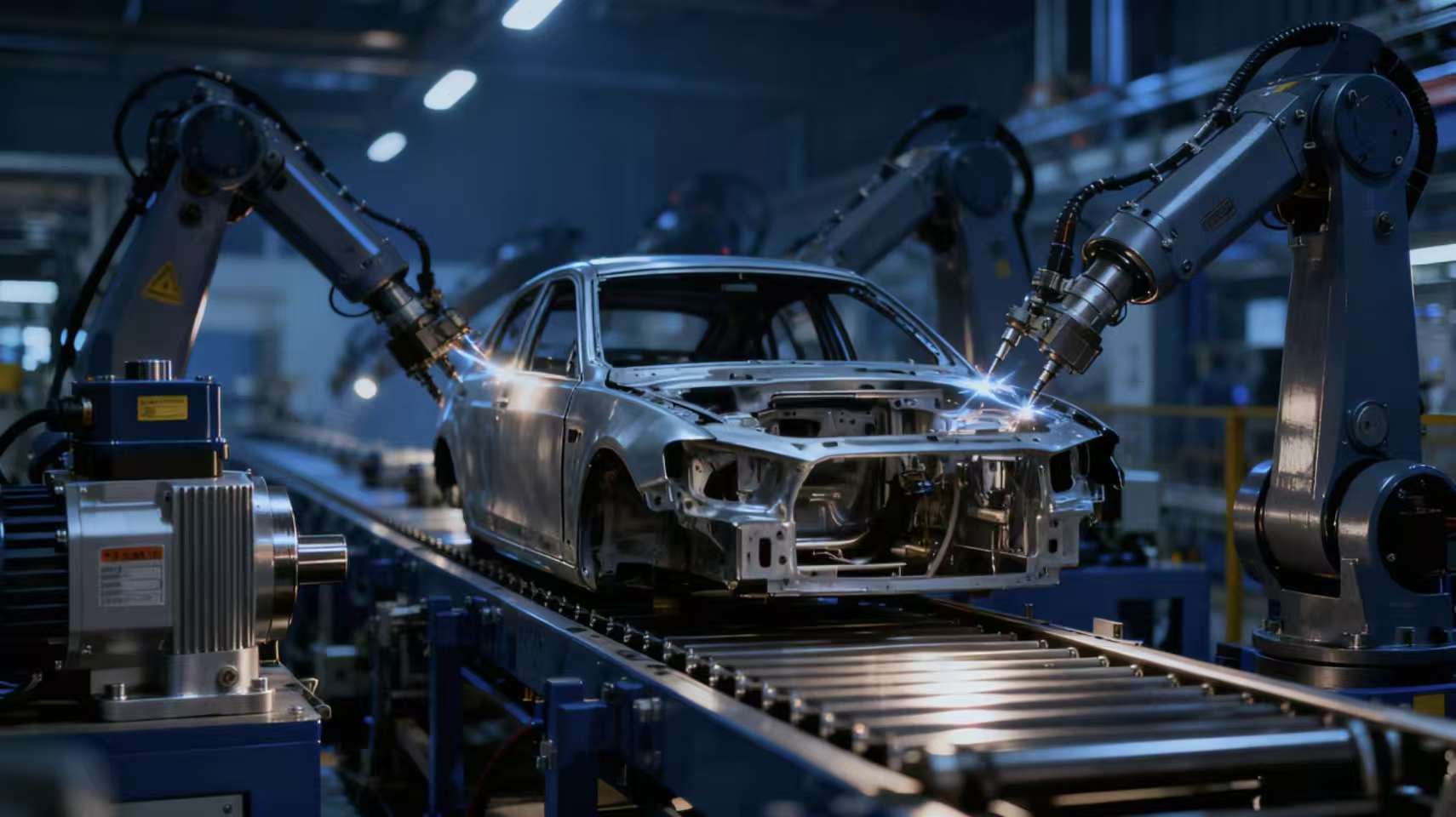In the automation of automotive manufacturing, welding robots have become core equipment for body and chassis processing. These devices must sustain high-frequency repetitive motion over extended periods. As critical components for power supply and signal transmission in welding robotic arms, high flexible cables must endure repeated bending stresses while withstanding localized high temperatures near welding stations—demanding operational conditions.
Traditional high flexible cables often exhibit performance shortcomings in such scenarios: Some products lack sufficient bend resistance, leading to conductor fractures after prolonged use and causing unexpected robotic arm shutdowns. Others have limited high-temperature resistance, causing the sheath to soften or even crack near welding zones, obstructing signal transmission. These issues typically result in 3-4 monthly shutdowns in workshops, disrupting body welding schedules while keeping costs high for cable replacement and manual maintenance—a common challenge in automotive welding production.
With 15 years of industry expertise, Anyang Industrial Cable has developed the Anyang high flexible cable specifically to address these challenges: Featuring multi-strand precision-stranded tinned copper conductors for enhanced bend resistance, it achieves 15 million fault-free cycles in ±180° high-frequency bending tests conducted by the National Quality Inspection Center—2.5 times the lifespan of conventional cables. Paired with a high-temperature resistant modified TPU jacket, it maintains stable performance in environments ranging from -30°C to 100°C, withstanding welding heat exposure. A multi-layer shielding design further enhances interference resistance by 40%, ensuring stable transmission of welding signals.
For automotive welding workshops, Anyang high flexible cables specifically address downtime caused by cable breakage in traditional cables, supporting continuous operation of welding robotic arms.
